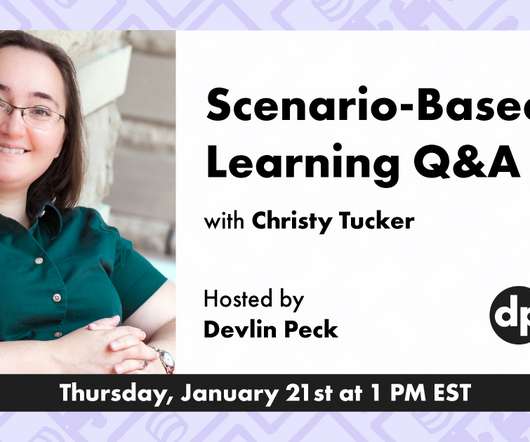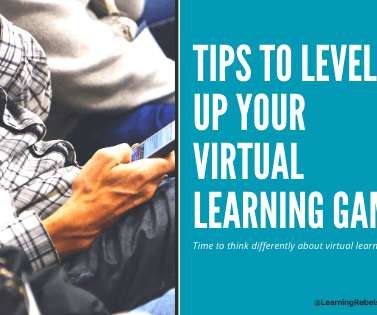Best Practices to Ensure Successful Custom e-Learning Development
Infopro Learning
MAY 19, 2022
1 E-learning platforms are undoubtedly the most engaging and effective mediums for training and teaching employees. Creating a perfect balance of the content types is important to developing an interesting and fresh e-learning course. Consider the physical disabilities of employees when creating e-learning courses.



















































Let's personalize your content